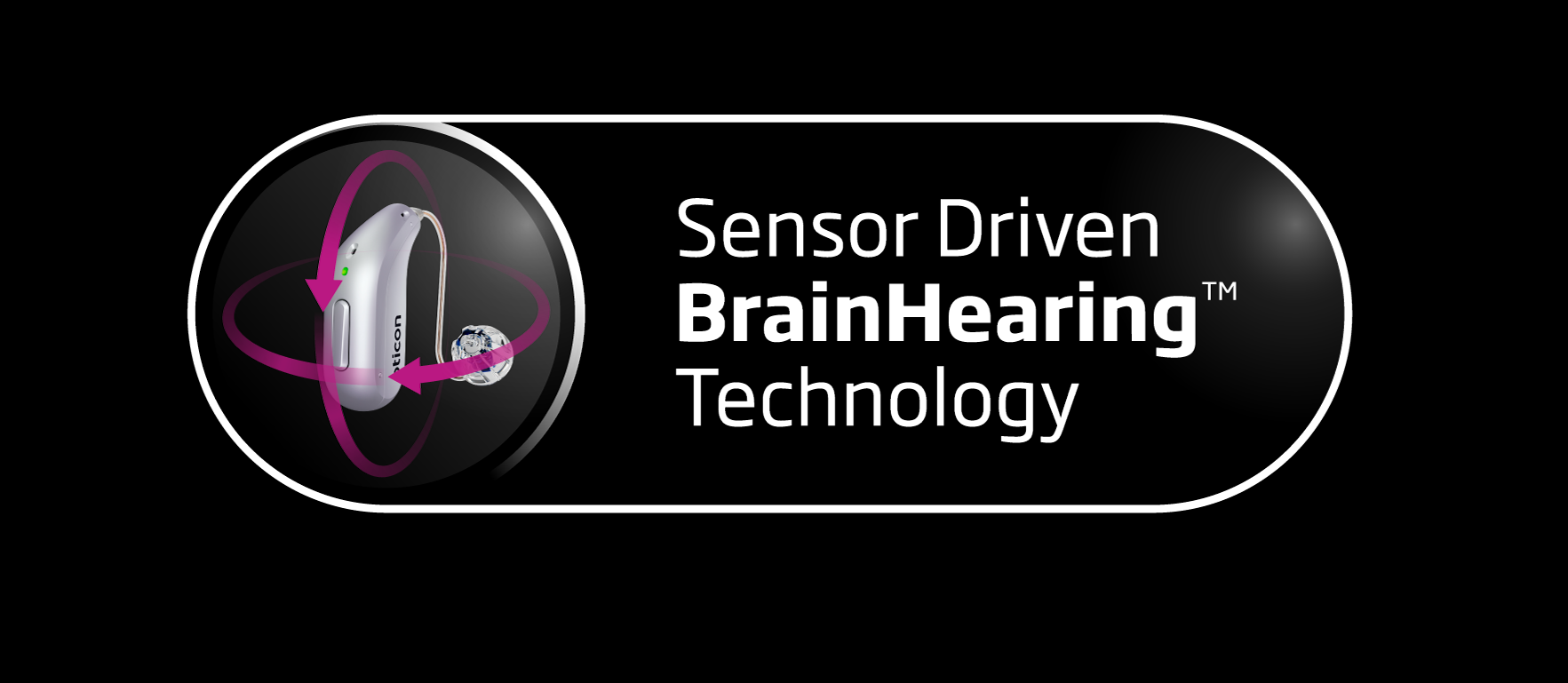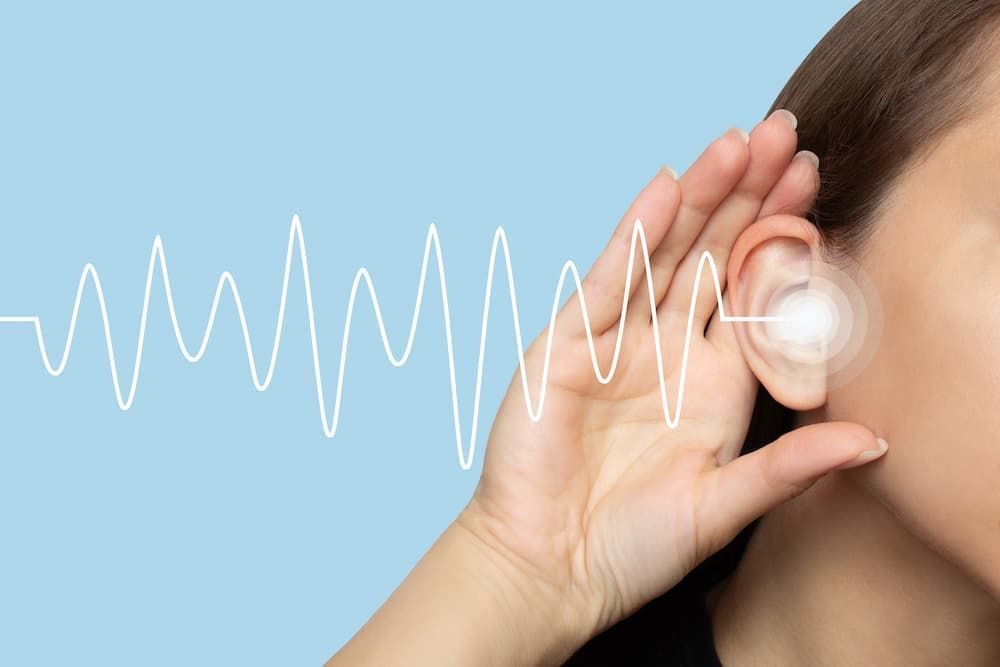Hearing Loss & Increased Dementia Risk

Hearing Loss and Dementia: Understanding the Connection
 Over the last few years, various studies have now found an association between people with hearing loss and a risk that is increased for dementia. It makes sense if you consider the result of hearing loss - isolation. If someone can't hear conversations, they tend to disengage from contact with other people. And isolation simply is NOT good for your mental health. Friends matter! Plus, communication triggers certain neurons in the brain, and when those neuronal connections aren't exercised, they stop firing.
Over the last few years, various studies have now found an association between people with hearing loss and a risk that is increased for dementia. It makes sense if you consider the result of hearing loss - isolation. If someone can't hear conversations, they tend to disengage from contact with other people. And isolation simply is NOT good for your mental health. Friends matter! Plus, communication triggers certain neurons in the brain, and when those neuronal connections aren't exercised, they stop firing.
Whether this link is a correlational or causational relationship is still under investigation, yet there is definitely a relationship that is present. Across all these studies, individuals that experienced hearing loss all showed an increase in the signs associated with cognitive decline.
How Hearing Loss May Contribute to Dementia
There are three primary reasons as to why hearing loss might be associated with dementia. These include social isolation, a change that occurs in the natural function of the brain, and a strain that is uneven on the cognitive resources in the brain.
It is well-known that maintaining relationships with friends and family, combined with communication that is face-to-face is a significant weapon when it comes to warding off cognitive decline.
Bryan James from the Rush Alzheimer’s Disease Center based in Chicago, states that the human brain is able to evolve in order to manage up to 150 social relationships, yet when we no longer manage a fair amount of these relationships, this portion of our brains can start to atrophy. In addition, social relationships that are healthy can lower stress that is chronic which is also linked to dementia, Alzheimer’s, and cognitive decline.
The Role of Social Isolation in Hearing Loss and Dementia
Yet you may be wondering, how is hearing loss linked to all of this? The fact is that hearing loss happens to be naturally isolating. Even when surrounded by many people in one room, an individual that has hearing loss that has gone untreated can become disconnected quickly. When a person is unable to hear what people are saying in conversations, then the conversation will quickly fade.
As time goes by, the strain linked to trying to recognize and hear every word will eventually take over the previous desire to socialize and participate in any social interactions. Hearing loss that is left untreated not only disengages a listener but will also place uneven pressure on the cognitive resources inside their brain.
The strain might not appear to be of importance, yet it lowers the capability of the brain to perform related or simultaneous tasks. Spending such a large amount of mental energy to try and hear what people are saying, regardless of whether it is unconsciously or consciously, also prevents this individual from storing these events in their short-term memory. Hearing loss interferes with not only their listening abilities but also their capabilities of processing information.
The Cognitive Effects of Untreated Hearing Loss
Even hearing loss that is mild has been proven to interfere with the method of storing and processing speech that is quickly communicated.
Since hearing happens to be a brain response to the auditory signals, hearing actually occurs inside the brain as opposed to the actual ears. When these signals start to weaken and become disrupted, other parts of the person’s brain try to compensate. In response, the brain starts rerouting other parts of the brain where it tries to compensate for information that is lost due to hearing loss.
Even in the instances when what has been said is comprehended successfully, as the person's hearing continues to decline further, and inabilities to hear starts to become a new normal, the brain modifies how it used to organize activities, which results in changes in the natural functions of the brain. In many of the Johns Hopkins studies, losses in hearing are linked with accelerated rates of tissue loss in the brain which could also be linked to a change in brain function as time goes by. Age is known for shrinking the brain naturally, yet hearing loss might accelerate these processes.
Why Treating Hearing Loss Can Help Protect the Brain
It is very important to understand that a loss of hearing does not automatically translate into dementia. Yet dementia is just one of the reasons why hearing loss should be treated. The correct treatment will improve the individual’s quality-of-life. When loss of hearing has been treated, the cognitive improvement of the person can be highly significant, even if the cognitive decline is not associated directly with dementia.
According to Dr. P. Murali Doraiswamy from Duke University, and as was quoted by the AARP, benefits associated with treating a condition such as hearing loss is double when compared to any of the cognitive-enhancing medications currently available. It should also become an important priority when treating any of the cognitive problems linked to age. Treating loss of hearing also helps to strengthen social bonds, can restore relationships, and even make the person feel many years younger than they actually are.
Since hearing takes place in the brain, it's important that these connections stay active. If you think that someone you love is drifting into isolation due to hearing loss, please make a point to encourage them to contact us for a hearing test and possible hearing loss solutions such as hearing aids.
Schedule a Hearing Test in Tempe, AZ
Contact us today for your hearing test in Tempe AZ at (480) 831-6159 or use our online scheduler.
The information provided in this article is not meant to be medical advice and is for educational purposes only. If you would like to learn more about this and other hearing-related topics, feel free to contact Tinnitus & Hearing Center of Arizona by clicking here or by calling 480-831-6159.











